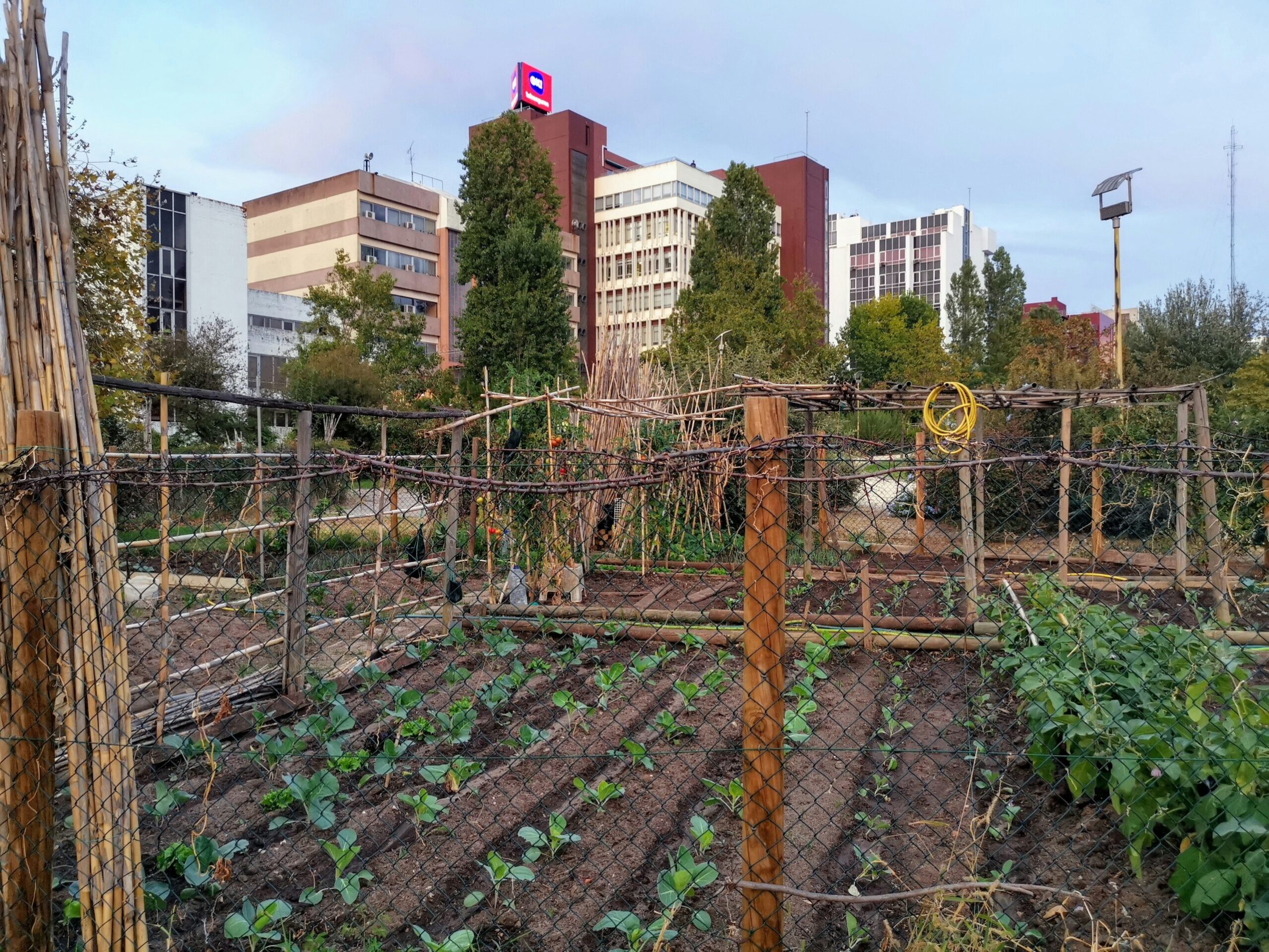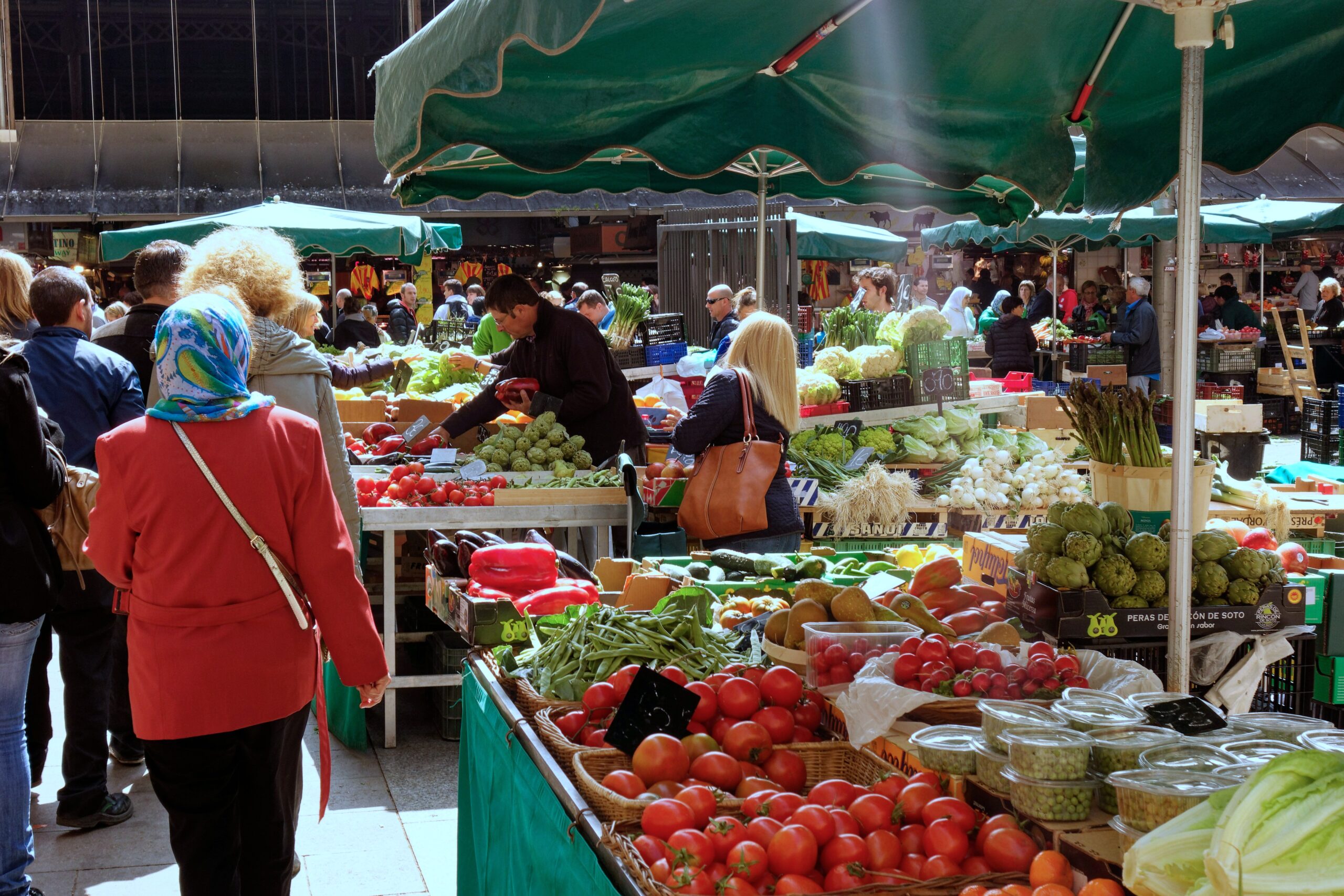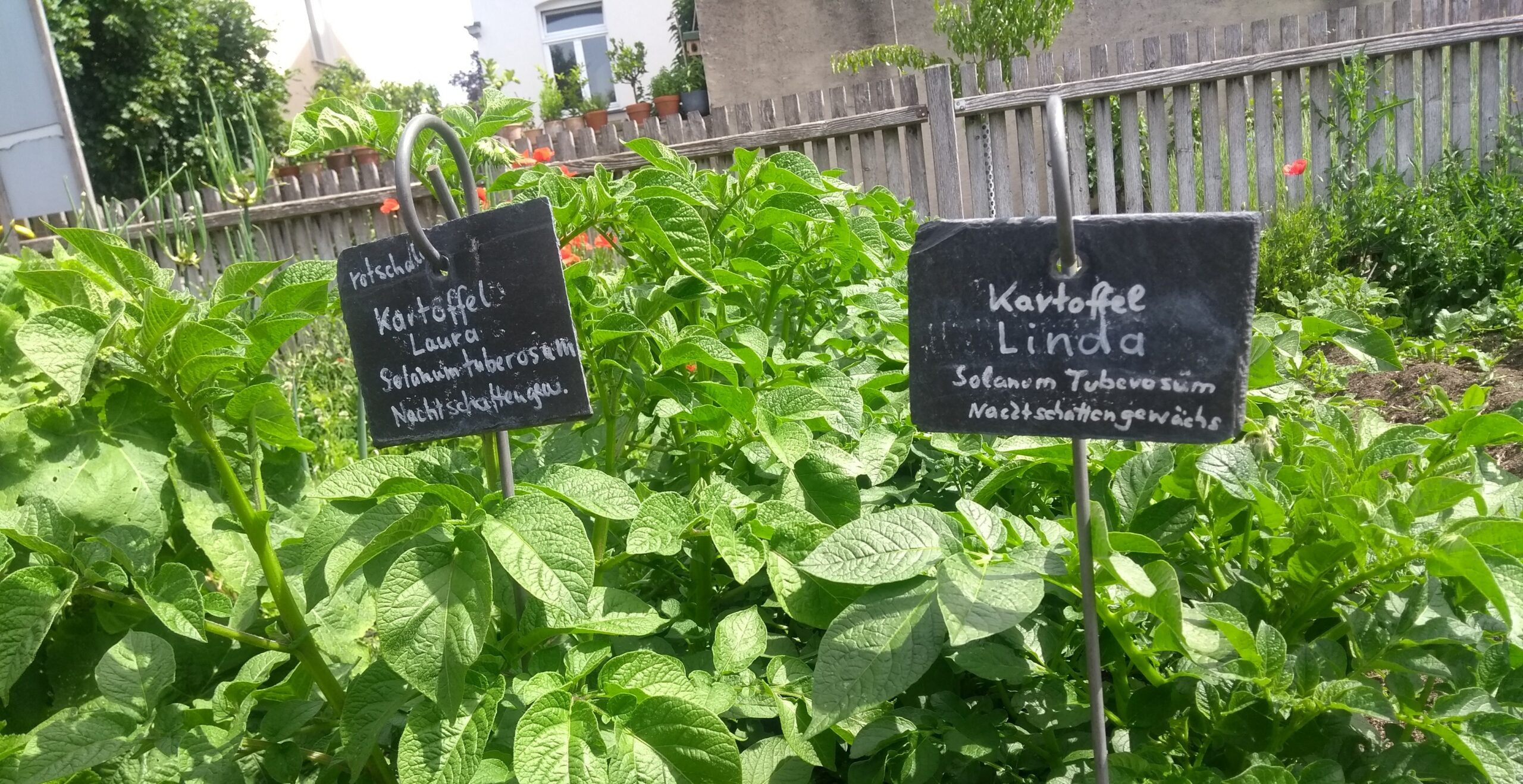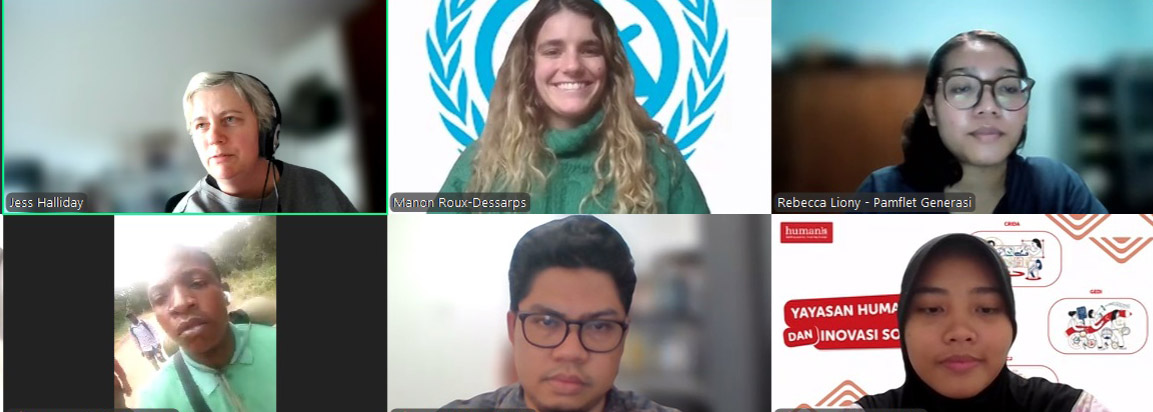FLEdGE is excited to announce the release of an edited collection that emerged out of our International Working Group on Sustainable Food System Assessment. Sustainable Food System Assessment: Lessons from Global Practice is an open-access edition that shares insights from global, multi-scalar sustainable food systems research and explores the use of indicators and assessment metrics within these projects.
Download the full book for free.
Editors
Alison Blay-Palmer is the UNESCO Chair on Food, Biodiversity, and Sustainability Studies, founding Director for the Laurier Centre for Sustainable Food Systems, and a Professor in Geography and Environmental Studies at Wilfrid Laurier University.
Damien Conaré is the Secretary General for the UNESCO Chair in World Food Systems, located at Montpellier SupAgro
Ken Meter is the President of the Crossroads Resource Center, located in Minnesota, USA.
Amanda Di Battista is the Project Coordinator for the Laurier Centre for Sustainable Food Systems.
Carla Johnston is a Ph.D. Candidate and a Doctoral Fellow at the Balsillie School of International Affairs.
From the publisher’s website:
“Sustainable Food System Assessment provides both practical and theoretical insights about the growing interest in and response to measuring food system sustainability. Bringing together research from the Global North and South, this book shares lessons learned, explores intended and actual project outcomes, and highlights points of conceptual and methodological convergence.
Interest in assessing food system sustainability is growing, as evidenced by the Milan Urban Food Policy Pact and the importance food systems initiatives have taken in serving as a lever for attaining the UN Sustainable Development Goals.
This book opens by looking at the conceptual considerations of food systems indicators, including the place-based dimensions of food systems indicators and how measurements are implicated in sense-making and visioning processes. Chapters in the second part cover operationalizing metrics, including the development of food systems indicator frameworks, degrees of indicator complexities, and practical constraints to assessment. The final part focuses on the outcomes of assessment projects, including impacts on food policy and communities involved, highlighting the importance of building connections between sustainable food systems initiatives.
The global coverage and multi-scalar perspectives, including both conceptual and practical aspects, make this a key resource for academics and practitioners across planning, geography, urban studies, food studies, and research methods. It will also be of interest to government officials and those working within NGOs.”
Citation
Blay-Palmer, A., Conaré, D., Meter, K., Di Battista, A., & Johnston, C. (Eds.). (2019). Sustainable Food System Assessment: Lessons from Global Practice. London: Routledge.






